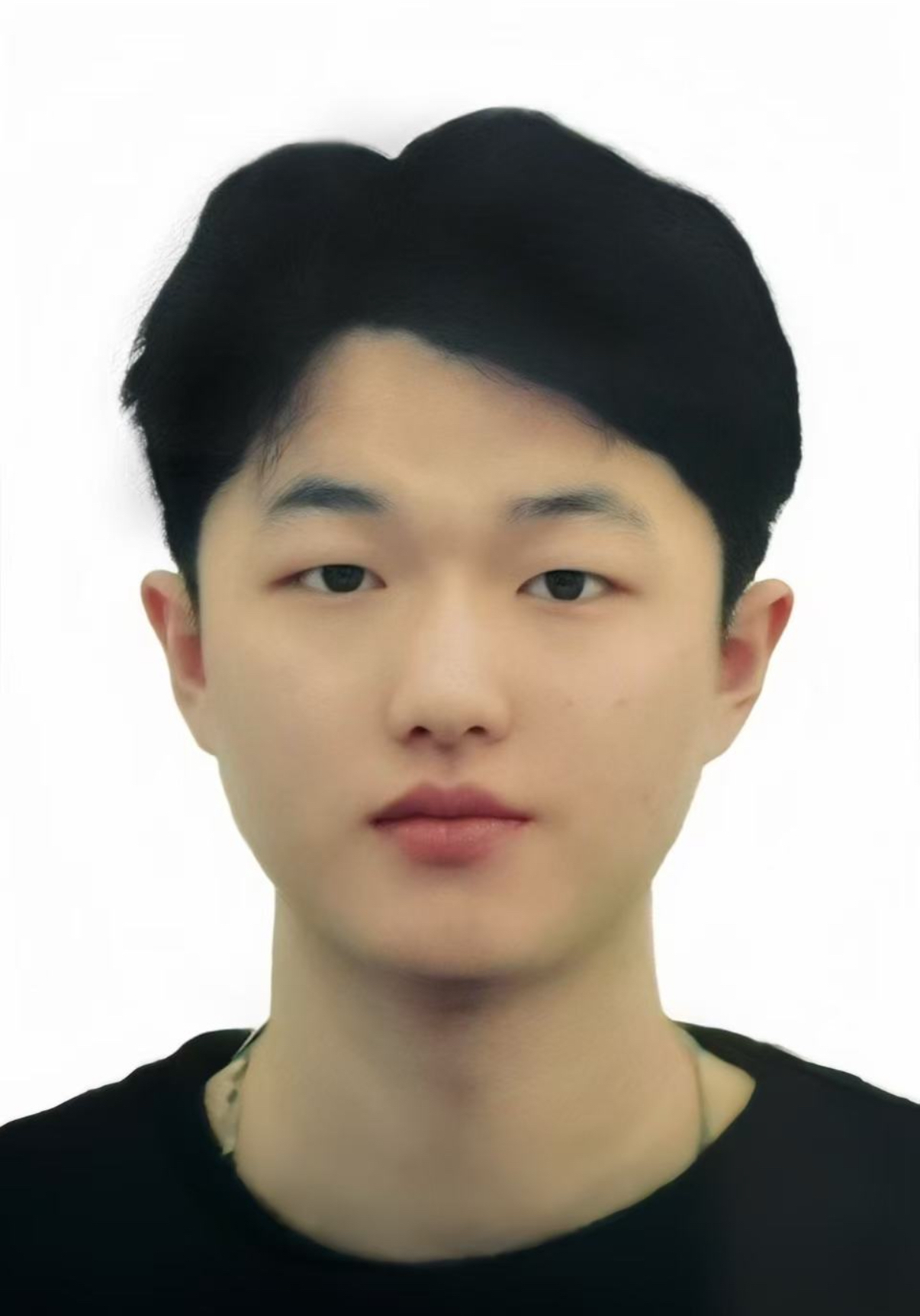Call for Participation
The Radar Acoustic Speech Enhancement (RASE) Challenge 2026 is an official ICASSP Grand Challenge that invites researchers and practitioners in speech processing, machine learning, and signal enhancement to tackle a novel task: reconstructing intelligible, full-bandwidth speech from degraded signals captured using millimeter-wave (mmWave) radar — even through glass walls.
Conventional microphones struggle in noisy or occluded environments. mmWave FMCW radar offers a non-contact alternative by capturing surface vibrations induced by speech. However, radar-captured signals are often band-limited and noisy. This challenge aims to bridge the gap between radar sensing and high-quality speech reconstruction.
To know more about the problem statement, go to this page:
Problem Statement
Dataset
Participants will receive a curated dataset comprising paired radar-captured and microphone-recorded speech. The data is collected using a
TI AWR2243BOOST mmWave FMCW radar through a glass-wall.
Data Scenarios
- Direct diaphragm vibration (Simple case)
Radar captures strong vibrations directly from a loudspeaker diaphragm.
- Secondary surface vibration (Challenging case)
Vibration captured from an aluminium foil surface placed near the loudspeaker.
Notes
- All recordings are provided in
.wav format.
- Raw radar signals are not shared — no radar signal processing expertise is needed.
- The dataset is split into training, development, and test sets.
- Baseline code in Python will be provided.
- Registered participants will be granted access.
📦 Release date: September 20, 2025 September 07, 2025
Evaluation
Submissions will be evaluated using four standard metrics:
- PESQ – Perceptual Evaluation of Speech Quality
- ESTOI – Extended Short-Time Objective Intelligibility
- DNSMOS – Deep Noise Suppression Mean Opinion Score
- MFCC Cosine Similarity
Difficulty-weighted scoring:
Top‑5 teams will be invited to present their work at ICASSP 2026.
Baseline
Baseline deep learning models implemented in PyTorch will be provided to help participants kickstart their solutions. These include:
- Spectral mapping networks
- Phase-aware enhancement techniques
- Feature extraction and post-processing tools
📦 Release date: September 20, 2025
GitHub Repository
Participation Guidelines
To ensure fairness and reproducibility:
- Use only the provided dataset — external data or augmentation is not allowed.
- Train models from scratch (no pre-trained or fine-tuned models).
- A maximum of 300 training epochs is allowed.
- Submit code, trained weights, and environment (Docker or requirements file).
- Participants retain all intellectual property rights.
Paper Submission Guidelines
- Papers must follow the official ICASSP paper template (including ICASSP LaTeX style files or Word template).
- Maximum length: 2 pages of technical content + 1 additional page for references only (total maximum 3 pages).
- The reference page should contain only references (no technical content, figures, or tables allowed on the third page).
Timeline
-
📅 Registration Starts:
September 07, 2025 September 20, 2025
- 📂 Data & Baseline Release:
September 07, 2025 September 20, 2025
- 🔎 Validation Submission Phase Starts:
September 27, 2025 October 5, 2025
- 🚀 Test Submission Phase Starts: November 14, 2025
- 🧪 Submission Deadline:
November 20, 2025 November 22, 2025, 23:59 UTC+0
-
🏆 Ranking Announcement:
November 24, 2025 November 26, 2025
VIEW RESULTS
- ✍️ 2-page Papers (by invite):
December 07, 2025 January 07, 2026
- ✅ Acceptance Notification:
January 11, 2026 January 21, 2026
- 📌 Camera-ready Deadline:
January 18, 2026 January 28, 2026
Organizers
 Andy W. H. Khong
Andy W. H. KhongNTU Singapore (Chair)
 Patrick A. Naylor
Patrick A. NaylorImperial College London (Co-chair)
 Zhi-Wei Tan
Zhi-Wei TanNTU Singapore (Scientific Strategy)
 V. G. Reju
V. G. RejuNTU Singapore (Radar Systems)
 Ritesh C. Tewari
Ritesh C. TewariNTU Singapore (Technical Infrastructure)
 Ruotong Ding
Ruotong DingNTU Singapore (Computational Research)